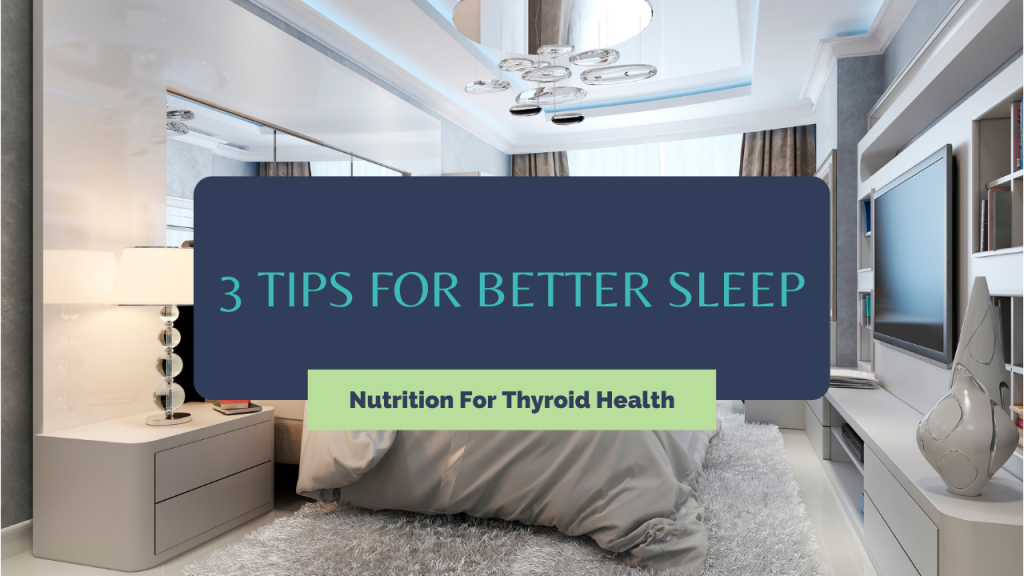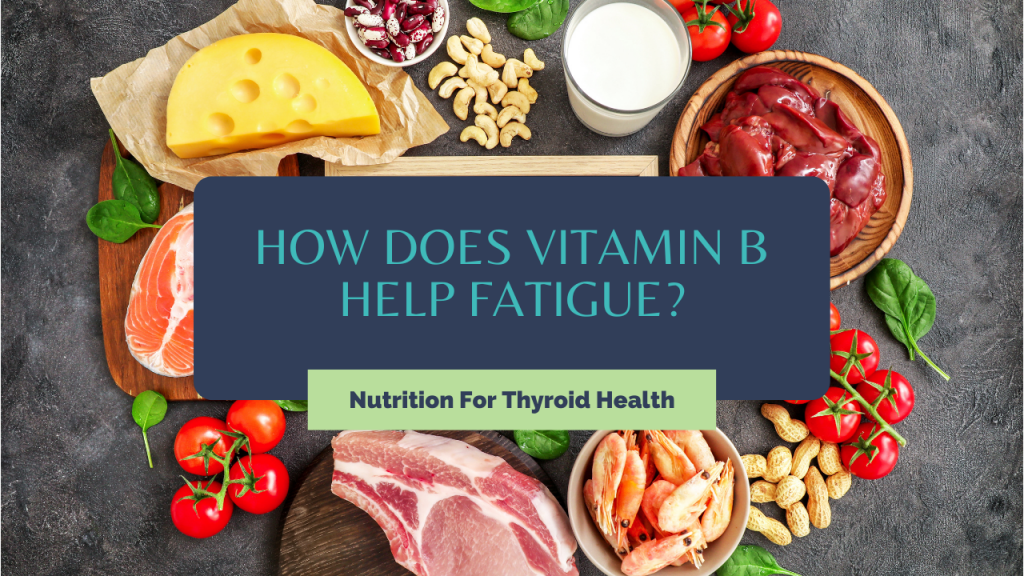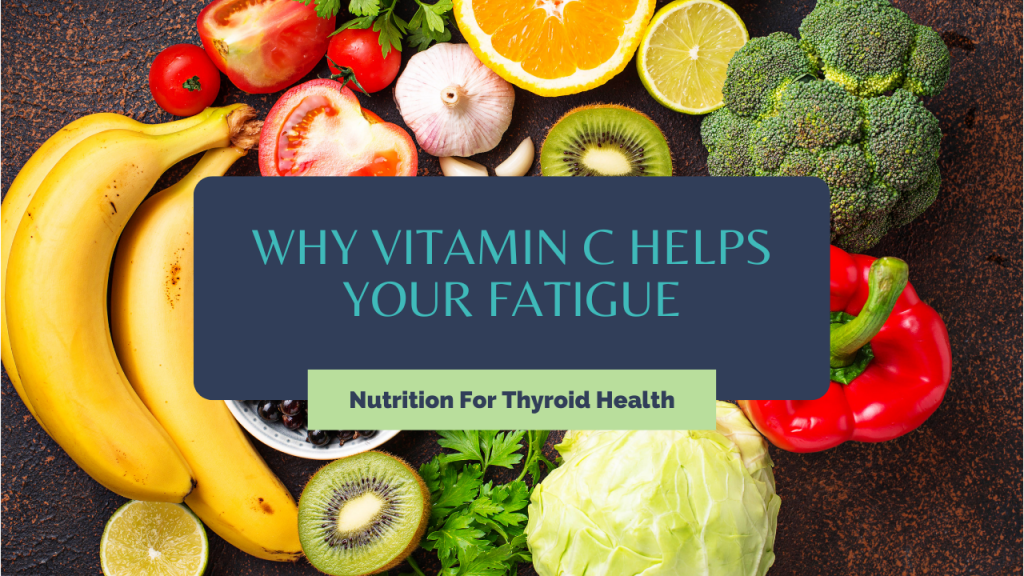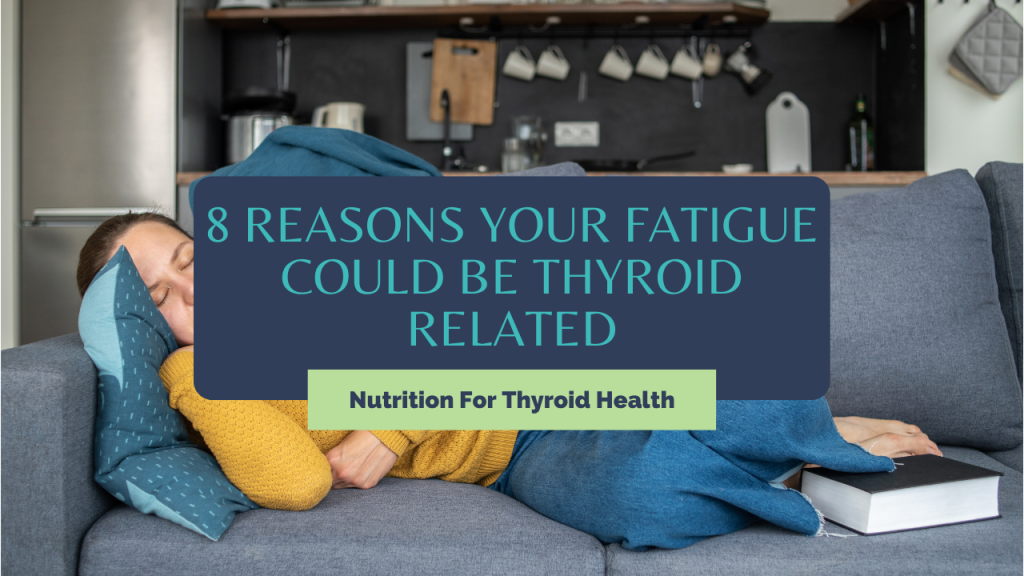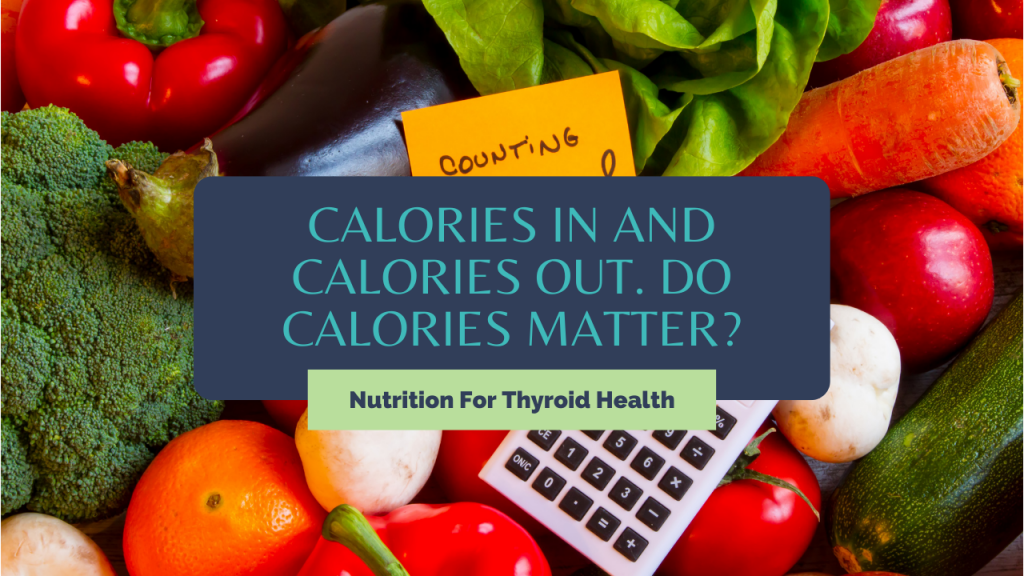3 Tips for Better Sleep
We all know how important sleep is. It’s essential for our health and well-being. But sometimes, it can be hard to get a good night’s rest. If you’re struggling to get enough sleep, try following my best 3 tips for a good night’s sleep you can set yourself up for success and get the rest you need.
1) Make Your Bedroom a Relaxing Oasis
Your bedroom should be a calm and inviting space. Make sure it’s not too hot or too cold, and that there’s minimal noise and light pollution. Consider investing in blackout curtains or an eye mask to block out any unwanted light. You might also want to add some essential oils with calming scents to your room, such as lavender or chamomile. And make sure your bed is comfortable – invest in good quality sheets and pillows, and make sure there’s enough space for you to stretch out.
2) Get Your Phone Out of the Bedroom
Having your phone next to your bed is tempting, but it’s not good for your sleep. The blue light from screens can disrupt your body’s natural sleep cycle, so it’s best to avoid using devices in the hours leading up to bedtime. If you must keep your phone in the bedroom, charge it outside of the room to help resist the temptation to use it before bed.
3) Set the Right Temperature
Most people sleep best in a cool, comfortable environment. Consider setting your thermostat to around 65 degrees Fahrenheit. This may vary depending on individual preferences, but it’s generally a good starting point. Cooler temperatures help your body to relax and make it easier to fall asleep.
Supplements That Can Help You Sleep Better
There are a number of natural supplements that can help you sleep better. Inositol is a nutrient that’s found in many foods, including fruits, beans, and grains. It’s also available as a supplement, and it’s thought to be helpful for insomnia. 5-HTP is another supplement that’s often recommended for sleep. It’s a precursor to serotonin, which is a neurotransmitter that plays a role in sleep. L-theanine is an amino acid found in green tea. It’s known for its calming effects and has been shown to improve sleep quality.
Other Tips for Better Sleep Include:
- Establishing a regular sleep schedule.
- Avoiding caffeine and alcohol before bed.
- Avoid eating large meals before bedtime.
- Exercising earlier in the day.
- Avoid work or other stressful activities in the bedroom.
- 30 minutes before sleep engage in a relaxing activity such as reading.
- Practicing relaxation techniques such as meditation or deep breathing exercises.
Getting a good night’s sleep is essential for your health and well-being. Consistency is key, so try to stick to a regular sleep schedule as much as possible. And if you’re struggling to fall asleep, don’t hesitate to reach out for help from a sleep specialist. With the right tools and support, you can get the quality sleep you need to thrive.
Let’s Connect!
It’s time to say goodbye to fatigue and hello to a full and vibrant life!
Join me over in my Facebook group where we are talking all about how to take back control of your health!
Be sure to follow me on my Facebook, TikTok, Instagram and Pinterest for tips and tricks on how to use nutrition to live your very best life!
3 Tips for Better Sleep Read More »

